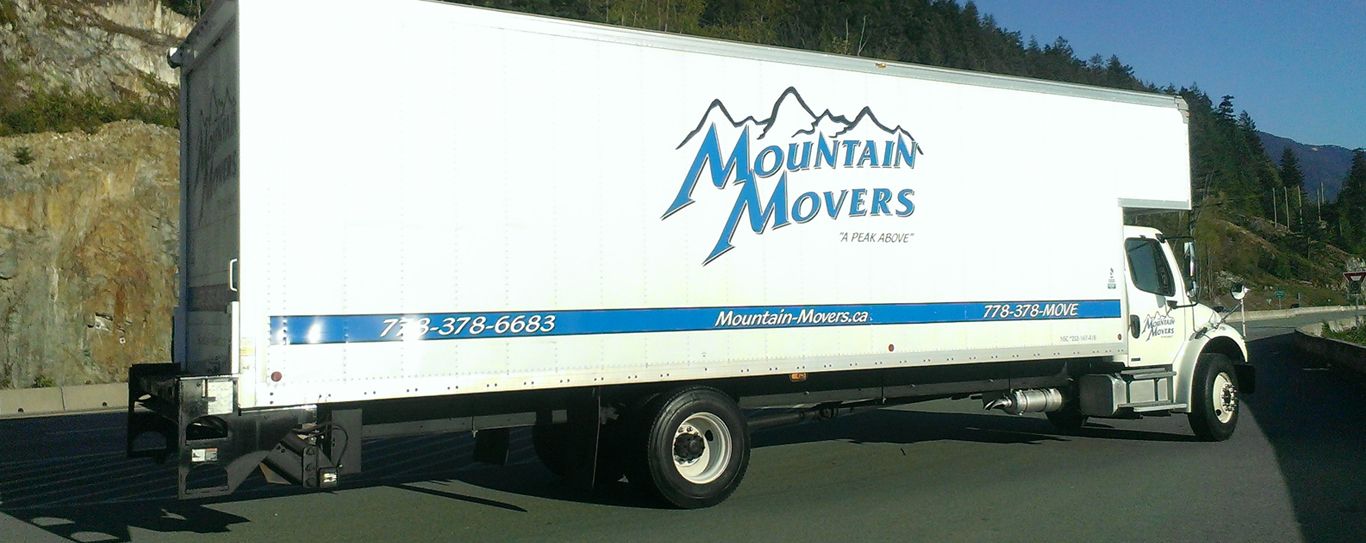Breaking Down Transporting Household Goods Interstate With Cost Savings
Breaking Down Transporting Household Goods Interstate With Cost Savings
Blog Article
If you’re planning for an interstate move, you probably have a lot of concerns ahead.
This article offers a fresh look at how to handle long-distance moving effectively.
Let’s dive into the world of interstate relocation and uncover what it really takes to move to another state.
What Makes Interstate Moving Unique?
When you cross state lines, your move falls under federal regulations, typically overseen by the FMCSA (Federal Motor copyright Safety Administration).
You also need to account for different transport rules in each state.
Understanding the scope of an interstate move prepares you to budget more accurately, manage your time better, and set realistic expectations for delivery and setup.
Finding the Perfect Cross-State Moving Partner
Selecting the right interstate moving company is crucial for a successful relocation. Start by checking for proper licenses and insurance—legitimate companies must have a USDOT number issued by the Department of Transportation.
Compare not just the price, but also the included services: Does the quote cover packing, loading, unloading, insurance, and delivery timeframes?
Trust your instincts: if something feels off or too good to be true, it probably is.
What Determines the Price of an Interstate Move?
Another key factor is the weight or volume of your shipment; heavy or bulky loads increase both transport and handling fees.
For long-distance moves, some companies offer flat rates, while others charge per pound or cubic foot. Make sure you understand the pricing model before signing.
Planning descubra como ahead and informing your moving company about these conditions helps avoid surprise charges on moving day.

Step-by-Step Guide to Organizing a Long-Distance Move
Proper planning is the foundation of a successful interstate move. Start by creating a timeline—ideally 8–12 weeks before your move date.
Inventory management is key.
Pack important documents, medications, chargers, snacks, and a change of clothes in a separate bag you keep with you.
Understanding Your Moving Options
Partial-service movers let you pack your own boxes while they handle transportation and heavy lifting, reducing costs.
Freight shipping companies also offer options for large shipments that don’t need full moving crews.
When comparing services, consider your priorities: Do you value convenience or budget?

How to Prevent Problems During an Interstate Move
Many people wait too long to book movers, only to find limited availability or higher rates.
Always verify USDOT numbers, insurance policies, and read contracts carefully before committing.
Using cheap boxes, skipping labels, or failing to protect fragile items increases the risk of breakage.
Budget-Friendly Strategies for Interstate Relocation
To cut costs on interstate moving, start by downsizing.
Don’t settle for the first estimate; gather at least three and negotiate if possible.
Combining professional help with DIY strategies creates a cost-effective balance that fits your budget and schedule.
Conclusion: Making Your Interstate Move a Success
Whether you’re relocating a small apartment or a full household, understanding the process empowers you to make informed decisions.
By following expert tips and avoiding common mistakes, you can reduce stress and ensure your belongings arrive safely.
With the right mindset and resources, moving to another state can be a smooth and rewarding transition.
Common Questions on Long-Distance Moves
Are there budget-friendly options for moving out of state?
The cheapest options include renting a moving truck, using a freight trailer, or downsizing your load to reduce weight.
When should I hire movers for a long-distance move?
Last-minute bookings often come with limited availability and higher prices.
What should I leave out of my moving boxes?
Movers typically won’t transport hazardous materials, perishables, firearms, or plants across state lines.
How is interstate moving insurance calculated?
You can purchase full-value protection for higher-value items or third-party insurance for extra peace of mind.
Do movers provide tracking for long-distance relocations?
Staying informed reduces anxiety and helps you plan for delivery day.
Report this page